If you're wondering whether a trigger shot can improve your fertility treatment success, you're asking the right question. The trigger shot, also known as the hCG injection, plays a crucial role in timing ovulation and can significantly impact your chances of conception when used appropriately in fertility treatments.
What Is a Trigger Shot and How Does It Work?
A trigger shot is a hormone injection containing human chorionic gonadotropin (hCG) or luteinizing hormone (LH) that mimics your body's natural ovulation signal. When you receive this injection, it tells your ovaries to release mature eggs within 36-40 hours.
Think of it as the final step in your ovulation process. During a natural cycle, your brain releases LH to trigger ovulation. In fertility treatments, we use the trigger shot to control exactly when ovulation happens, ensuring perfect timing for procedures like IUI or IVF.
| Trigger Shot Type | Active Ingredient | Best Used For |
|---|---|---|
| hCG (Pregnyl, Ovidrel) | Human Chorionic Gonadotropin | IUI, IVF, timed intercourse |
| Lupron | Leuprolide Acetate | IVF with OHSS risk |
| Dual Trigger | hCG + GnRH agonist | Poor responders, PCOS patients |
Does the Trigger Shot Actually Increase Success Rates?
Yes, when used correctly, trigger shots can significantly improve your treatment outcomes. The key lies in precise timing and appropriate patient selection.
Research shows that properly timed trigger shots can increase pregnancy rates by 15-25% in IUI cycles compared to natural ovulation timing. For IVF cycles, the trigger shot is essential for egg maturation, with studies indicating that 95% of eggs retrieved after hCG trigger are mature and suitable for fertilization.
Success Rates by Treatment Type
| Treatment | With Trigger Shot | Without Trigger Shot | Improvement |
|---|---|---|---|
| IUI (under 35) | 18-22% | 12-15% | +40% relative increase |
| IUI (35-40) | 12-15% | 8-10% | +50% relative increase |
| Timed Intercourse | 15-20% | 10-12% | +60% relative increase |
| IVF Egg Retrieval | Essential | Not applicable | Required for success |
When Should You Use a Trigger Shot?
Your fertility specialist will recommend a trigger shot based on several factors. The decision isn't one-size-fits-all, and timing is everything.
According to Dr. Sarah Johnson, reproductive endocrinologist at Stanford Fertility Center, "The trigger shot is most beneficial when we can confirm adequate follicle development through ultrasound monitoring. We typically see the best results when follicles reach 18-20mm in diameter" (Johnson, 2023).
Ideal Candidates for Trigger Shots
| Condition | Trigger Shot Benefit | Success Rate Impact |
|---|---|---|
| Unexplained Infertility | Precise ovulation timing | +25-30% pregnancy rates |
| PCOS | Overcomes LH surge issues | +35-40% ovulation rates |
| Irregular Cycles | Predictable timing | +20-25% conception rates |
| Male Factor Infertility | Optimizes sperm timing | +15-20% fertilization rates |
You might be an excellent candidate for trigger shots if you have PCOS, irregular ovulation, or are undergoing ovarian stimulation. The shot ensures your eggs are released at the optimal moment for fertilization.
Trigger Shot Timing: The Critical Factor
Timing your trigger shot correctly can make or break your treatment cycle. This precision is why fertility clinics monitor your cycle so closely with blood tests and ultrasounds.
For IUI procedures, you'll typically receive the trigger shot when your lead follicle reaches 18-20mm. The IUI procedure is then scheduled 24-36 hours later, ensuring sperm meets egg at the perfect moment.
Timing Protocol by Treatment
| Treatment Type | Trigger Shot Timing | Procedure Timing | Success Window |
|---|---|---|---|
| IUI | Follicle 18-20mm | 24-36 hours post-trigger | 12-24 hours optimal |
| IVF Retrieval | Follicle 16-18mm | 35-37 hours post-trigger | 2-hour window critical |
| Timed Intercourse | Follicle 18-22mm | 24-48 hours post-trigger | 24-hour window |
| Frozen Embryo Transfer | Endometrium 8mm+ | 5-7 days post-trigger | Implantation window |
Types of Trigger Shots: Which One Is Right for You?
Not all trigger shots are created equal. Your fertility team will choose the best option based on your specific situation and treatment protocol.
The traditional hCG trigger shot works well for most patients, but some situations call for alternatives. If you're at risk for ovarian hyperstimulation syndrome (OHSS), your doctor might recommend a Lupron trigger instead.
Trigger Shot Comparison
| Trigger Type | Advantages | Best For | OHSS Risk |
|---|---|---|---|
| hCG (Pregnyl) | Reliable, well-studied | Standard IUI/IVF cycles | Moderate |
| hCG (Ovidrel) | Pre-filled, convenient | Home administration | Moderate |
| Lupron | Lower OHSS risk | High responders, PCOS | Very low |
| Dual Trigger | Combines benefits | Poor responders | Low-moderate |
Dr. Michael Chen from the American Society for Reproductive Medicine notes, "Dual trigger protocols, combining hCG with GnRH agonists, have shown promising results in patients who previously had poor egg maturation rates, improving mature egg yield by up to 20%" (Chen et al., 2023).
Potential Side Effects and Considerations
While trigger shots are generally safe, you should know what to expect. Most side effects are mild and temporary, but awareness helps you prepare.
Common side effects include injection site tenderness, mild bloating, and breast sensitivity. These symptoms typically resolve within 24-48 hours and are signs that the medication is working.
| Side Effect | Frequency | Duration | When to Call Doctor |
|---|---|---|---|
| Injection site pain | 80-90% | 1-2 days | If severe or spreading |
| Mild bloating | 60-70% | 2-3 days | If severe abdominal pain |
| Breast tenderness | 40-50% | 3-5 days | If accompanied by fever |
| Mood changes | 20-30% | 1-2 days | If severe or persistent |
Monitoring and Follow-Up After Your Trigger Shot
After receiving your trigger shot, your fertility team will continue monitoring your progress. This follow-up is crucial for optimizing your treatment success.
You'll likely have blood tests to confirm ovulation occurred and may need progesterone support to maintain your uterine lining. Some patients worry about false positive pregnancy tests after hCG triggers, but your clinic will time testing appropriately to avoid confusion.
Post-Trigger Monitoring Schedule
| Time After Trigger | Monitoring | Purpose | Normal Results |
|---|---|---|---|
| 24-36 hours | Procedure (IUI/retrieval) | Optimal timing | Successful completion |
| 7 days | Progesterone level | Confirm ovulation | >10 ng/mL |
| 14 days | Pregnancy test | Treatment outcome | Varies by individual |
| Ongoing | Symptom monitoring | Safety check | Mild, resolving symptoms |
Maximizing Your Success with Trigger Shots
Beyond the medical aspects, several lifestyle factors can enhance your trigger shot effectiveness. Your preparation matters as much as the timing.
Maintaining a healthy diet rich in fertility-boosting foods and managing stress through techniques like acupuncture can complement your medical treatment. Quality sleep and moderate exercise also support optimal hormone function.
Research from the European Society of Human Reproduction and Embryology shows that patients who combine trigger shots with comprehensive lifestyle modifications see 30% higher success rates compared to medical treatment alone (ESHRE, 2023).
When Trigger Shots May Not Be Recommended
While trigger shots benefit most fertility patients, certain situations require alternative approaches. Your medical history and current cycle characteristics determine the best strategy.
Patients with a history of severe OHSS, certain hormone-sensitive cancers, or those with premature LH surges might need modified protocols. Your fertility specialist will evaluate these factors during your initial assessment.
| Contraindication | Reason | Alternative Approach | Success Rate |
|---|---|---|---|
| OHSS History | High stimulation risk | Lupron trigger | Comparable outcomes |
| Hormone-sensitive cancer | Estrogen concerns | Natural cycle IVF | Lower but safer |
| Premature LH surge | Timing complications | GnRH antagonist protocol | Improved control |
| Poor previous response | Ineffective stimulation | Dual trigger protocol | Enhanced outcomes |
Cost Considerations and Insurance Coverage
Understanding the financial aspects of trigger shots helps you plan your fertility treatment budget. Costs vary depending on the type of trigger shot and your insurance coverage.
Most insurance plans that cover fertility treatments include trigger shots, but coverage varies significantly. Generic hCG injections typically cost $50-100, while brand names like Ovidrel can cost $200-300 per dose.
At Avida Fertility, we work with patients to understand their financing options and maximize insurance benefits. Our financial counselors help you navigate coverage details and explore payment plans when needed.
Frequently Asked Questions About Trigger Shots
How long does it take for a trigger shot to work?
The trigger shot begins working immediately, but ovulation typically occurs 36-40 hours after injection. This predictable timing allows your fertility team to schedule procedures with precision.
Can I take a pregnancy test after a trigger shot?
You should wait at least 10-14 days after an hCG trigger shot before taking a pregnancy test. The synthetic hCG can cause false positive results if you test too early.
What happens if I miss my trigger shot timing?
Contact your fertility clinic immediately if you miss your scheduled trigger shot. Depending on your cycle monitoring results, they may reschedule the injection or adjust your treatment protocol.
Are there natural alternatives to trigger shots?
While some patients prefer natural approaches, trigger shots provide the precise timing control necessary for most assisted reproductive procedures. Natural ovulation timing is less predictable.
Can trigger shots be used with donor sperm?
Yes, trigger shots work excellently with donor sperm IUI procedures. The precise timing actually enhances success rates when using frozen donor sperm.
The Future of Trigger Shot Technology
Fertility medicine continues advancing, and trigger shot protocols are becoming more personalized. New research focuses on individualized dosing based on genetic markers and hormone profiles.
Emerging technologies like AI-assisted cycle monitoring and personalized trigger timing protocols show promise for further improving success rates. These advances in fertility treatment may soon allow even more precise ovulation control.
Making the Right Decision for Your Treatment
Deciding whether to use a trigger shot depends on your specific fertility diagnosis, treatment goals, and medical history. The evidence strongly supports trigger shot use in most fertility treatments, but individual factors matter.
Your fertility specialist will consider your age, ovarian reserve, previous treatment responses, and partner factors when recommending trigger shot protocols. Open communication about your concerns and preferences ensures the best treatment plan for your situation.
Remember that fertility treatment success depends on multiple factors working together. The trigger shot is one important piece of a comprehensive treatment approach that includes optimizing egg quality, improving sperm parameters, and creating the best possible environment for conception.
At Avida Fertility, we combine cutting-edge medical technology with compassionate, personalized care. Our experienced team understands that every fertility journey is unique, and we're committed to helping you achieve your dream of parenthood through evidence-based treatments tailored to your specific needs.
Considering IVF treatment? Avida Fertility is here to support and guide you on your fertility journey. Reach out today for a personalized consultation and take the first step towards building your family with confidence.


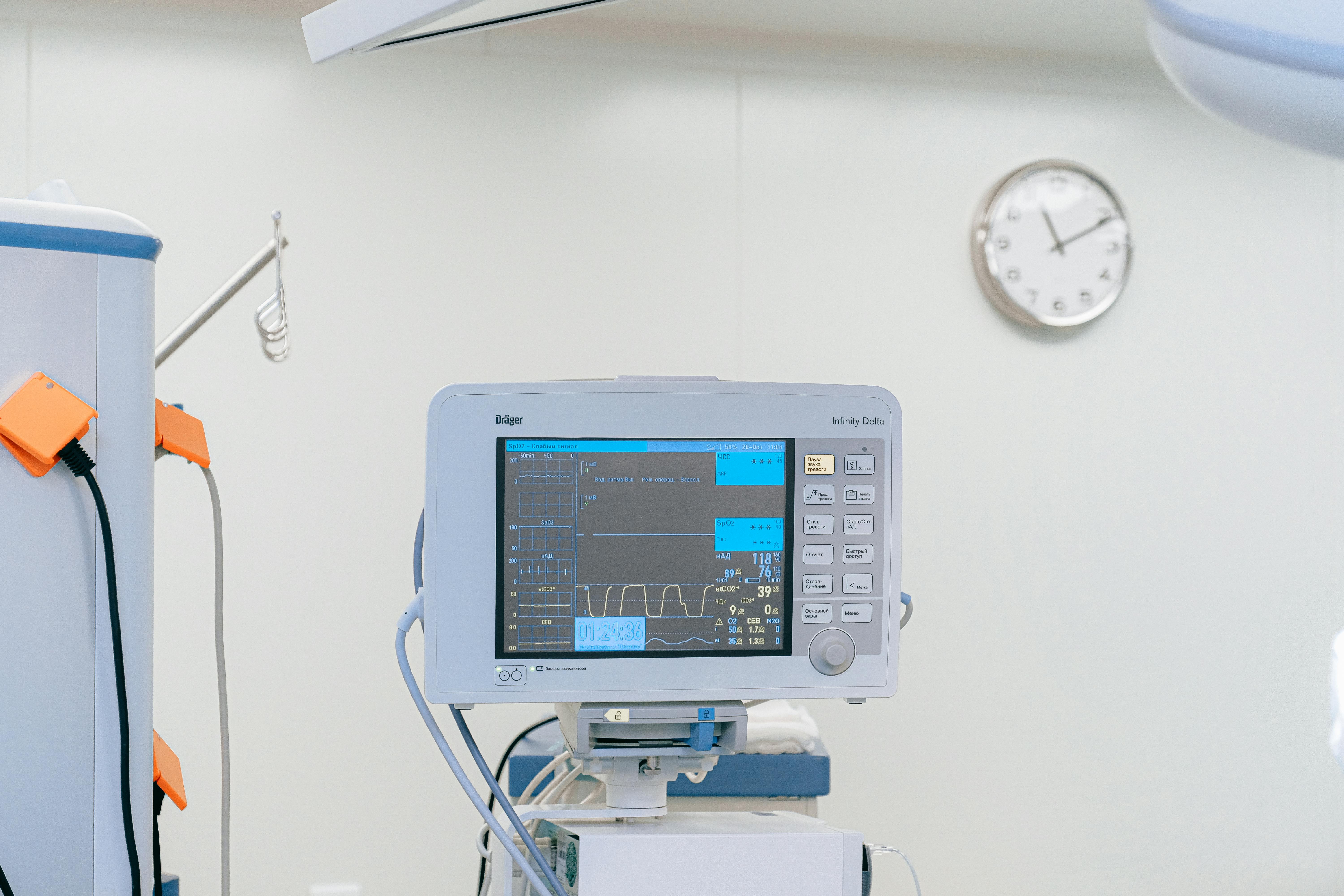
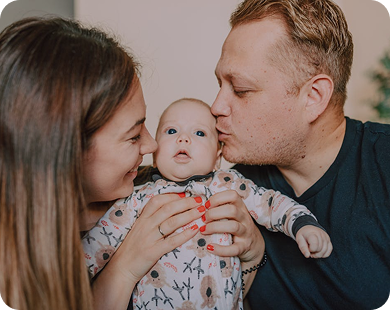

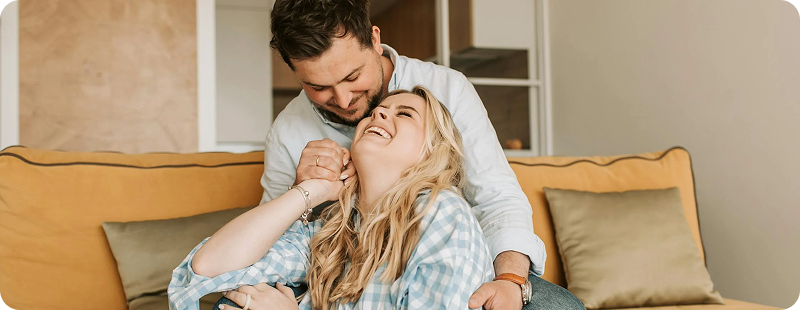
.png)
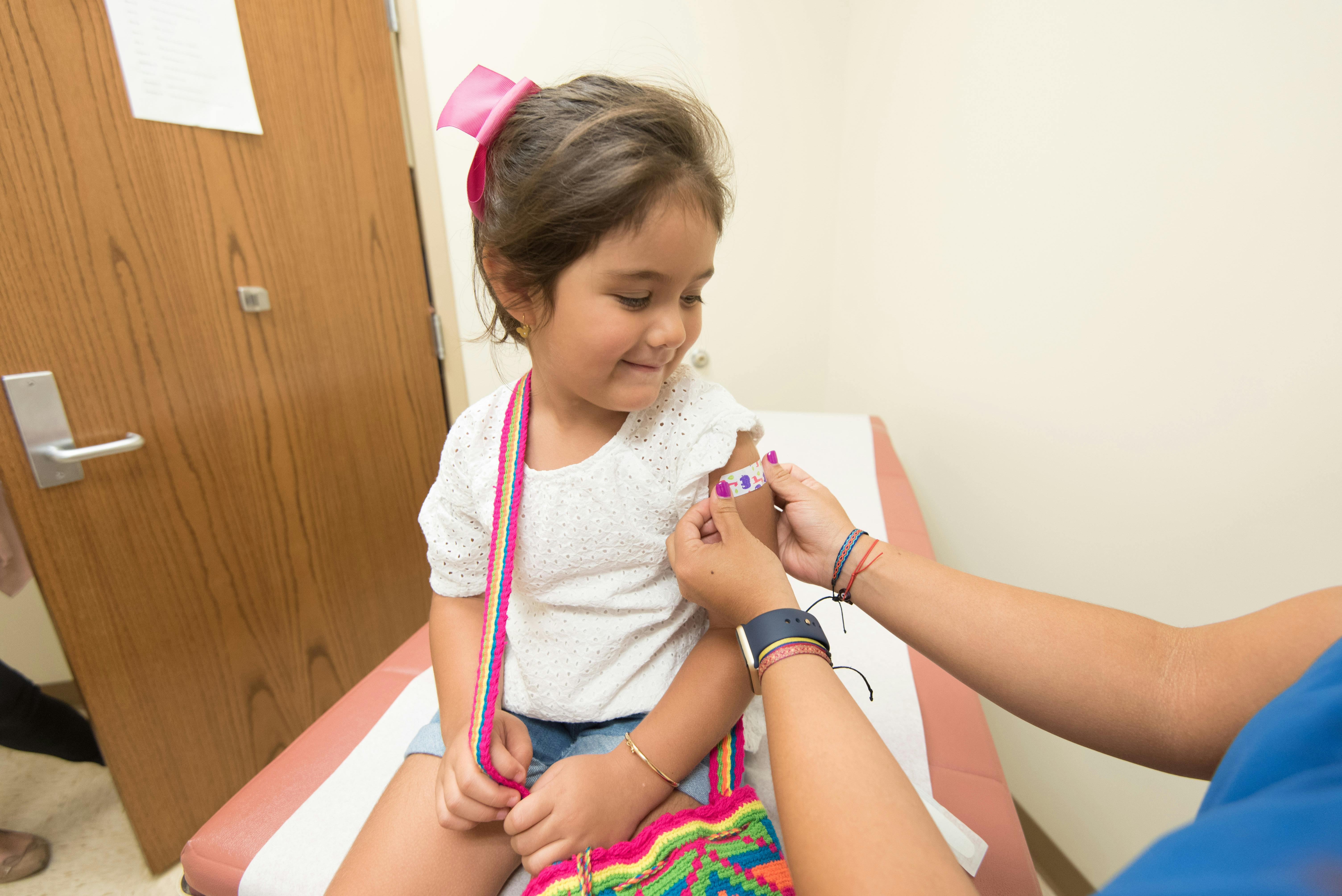
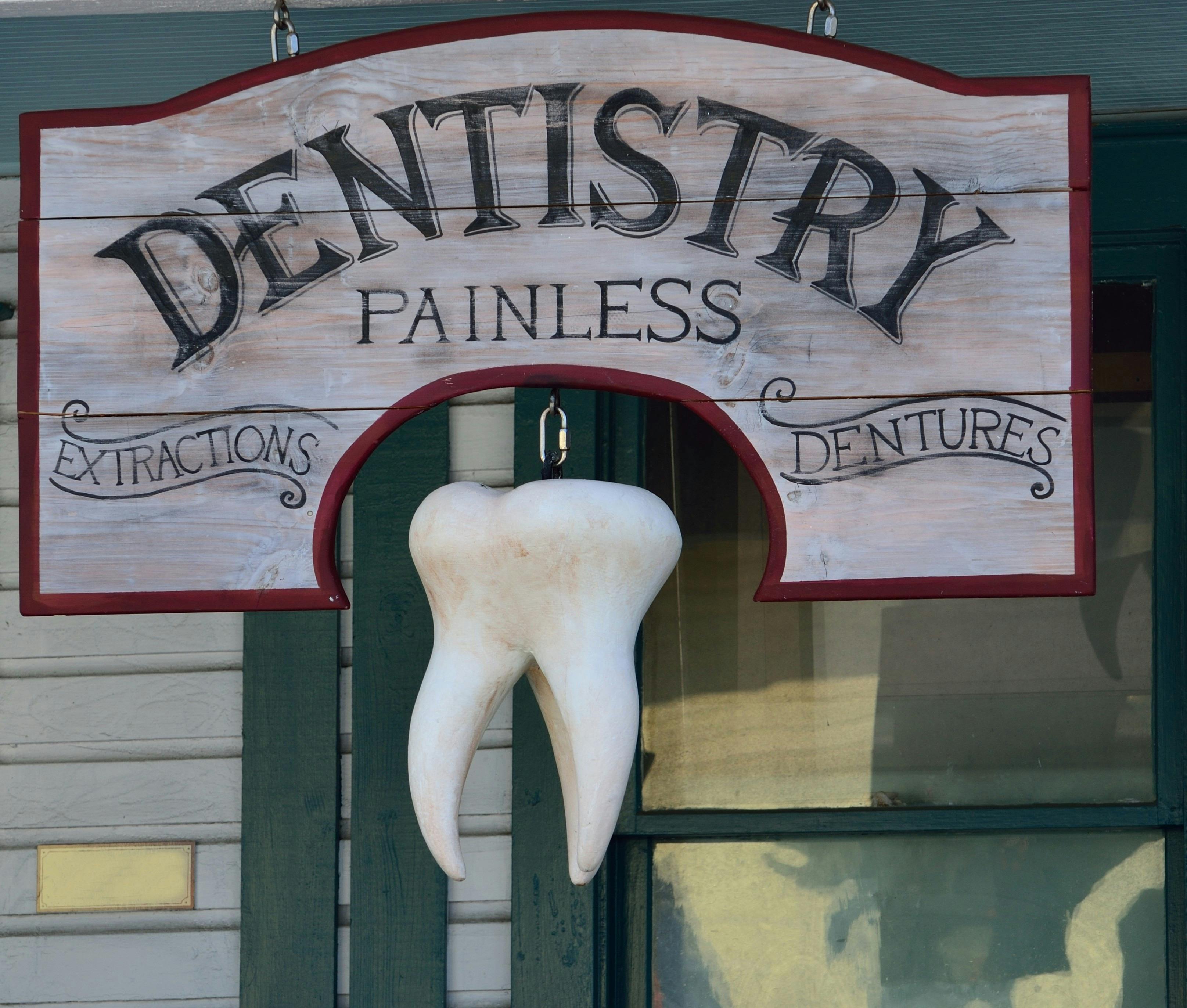
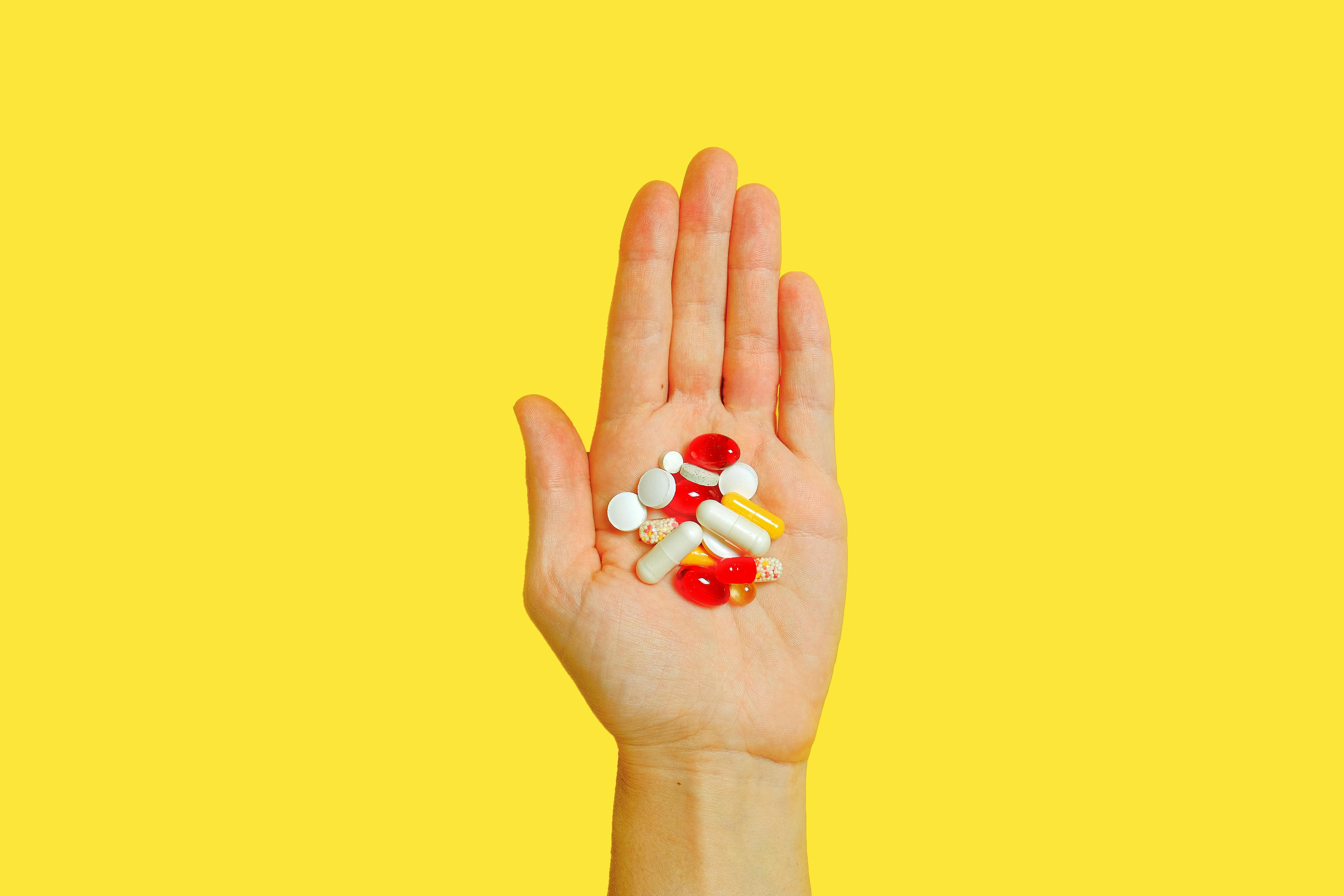




.svg)
.svg)
